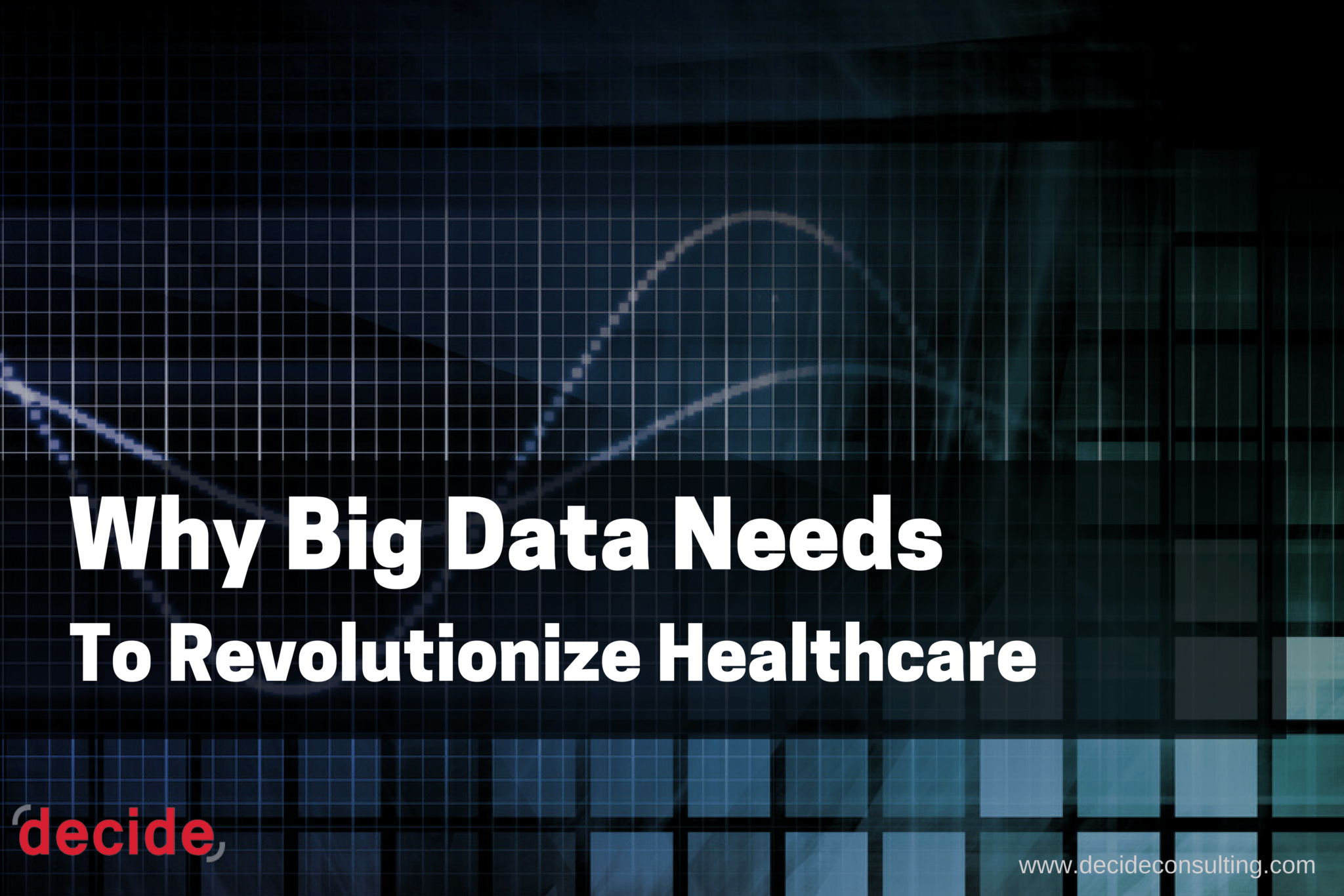 Big Data has great potential to improve our lives and make the world a better place, and there is perhaps no better example than the uses we are finding for it within health care. Throughout the last decade the world has seen dramatic advances in both the quantity and quality of the data we collect and generate, according to Forbes. In addition, we’ve also greatly improved our ability to analyze the data we collect and generate. When these trends collide, you get Big Data, a key tool helping the healthcare industry become more effective, efficient and accurate.
Big Data has great potential to improve our lives and make the world a better place, and there is perhaps no better example than the uses we are finding for it within health care. Throughout the last decade the world has seen dramatic advances in both the quantity and quality of the data we collect and generate, according to Forbes. In addition, we’ve also greatly improved our ability to analyze the data we collect and generate. When these trends collide, you get Big Data, a key tool helping the healthcare industry become more effective, efficient and accurate.
Big Data is Transforming Healthcare
Big Data is transforming many facets of today’s healthcare industry, including the way we deliver care and assess disease. Besides increasing profits and reducing overhead, Big Data is being used to:
- Predict epidemics
- Cure diseases
- Improve quality of life
- Avoid preventable deaths
To provide medical care to a growing world population, healthcare organizations are beginning to invest in Big Data to better drive decision making and create new models of treatment delivery. Today, the goal is to understand as much about the patient as possible.
By emphasizing the importance of understanding patients as early-on as possible, we have the potential to pick up on warning signs of serious illness at an earlier stage. This makes treatment far more simple, and less expensive than if it had been spotted later, according to Forbes.
Read More: The Rise of Data Analytics Degrees >>
Read More: 5 Ways AI Will Work Its Way Further Into Your Life In 2018 >>
Read More: $500K, Stock Options and No Experience Required: AI Jobs are in Demand >>
Read More: 5 Problems That IoT has to Solve (and will) >>
Can Big Data Be Used to Cure Diseases?
When healthcare organizations have the ability to efficiently analyze, understand and leverage big data, they are more likely to produce huge breakthroughs in medical research and, possibly, cure and prevent major diseases.
Until recently, medical researchers have only had small data sets at their disposal, which makes it a challenge to pick up on important causations and correlations that can be seen in larger data sets. Big Data presents an opportunity to analyze, far larger data sets, which results in more potentially good outcomes that could have taken longer to identify with smaller data sets.
As an example, scientists and researchers are applying analytics to human DNA and the DNA of major diseases to help ensure patients get the best type of treatment for the disease they have. While it may not be the ultimate cure, it can significantly increase a patient’s likelihood of survival. Big Data is also being used to study and prevent the spread of epidemics, including bird flu and Ebola. Additionally, Big Data may also be a key tool to help with the accelerated development and testing of new drugs.
Big Data and EHR
Big Data may be the key to helping healthcare organizations see a return on their electronic health record (EHR) investments, according to nearly 90% of stakeholders that participated in a recent Health Catalyst survey. Most healthcare providers agree that ROI on EHR investment has been sub-par. Only about 10 percent believe that billions spent on the implementation of EHRs has actually been worth it. Top healthcare organizations are looking to develop a data-driven organizational culture to get the most out of their EHRs, as many feel their EHRs are not as valuable as they could be when it comes to revealing potential gaps and areas needing improvements.
With the right Big Data Scientists, healthcare organizations can improve data management and analytics capabilities to drive positive change. With deep insight, they can shift from reactive decision-making due to “poor interoperability, inadequate information governance, and cumbersome workflows,” according to Health IT Analytics. EHRs hold a lot of promise and things to discover through analytics because they meticulously document the process of care. From this, trends, observations and information that enables agile decision-making can be gleaned.
Leveraging the Power of Data in Health
Economic, demographic and technological changes are leading us to reimagine and reconsider everything we know about healthcare. With Big Data being one of the most promising new tools, demand is now at an all-time high for big data professionals. As a response, universities are ramping up their data analytics degree offerings and opportunities. Companies are also partnering with universities to recruit top big data talent early-on.
If you’d like to learn more about the rise of data analytics degrees, read our previous blog on the topic, which includes a list of universities currently offering both bachelor’s and master’s programs in analytics.
